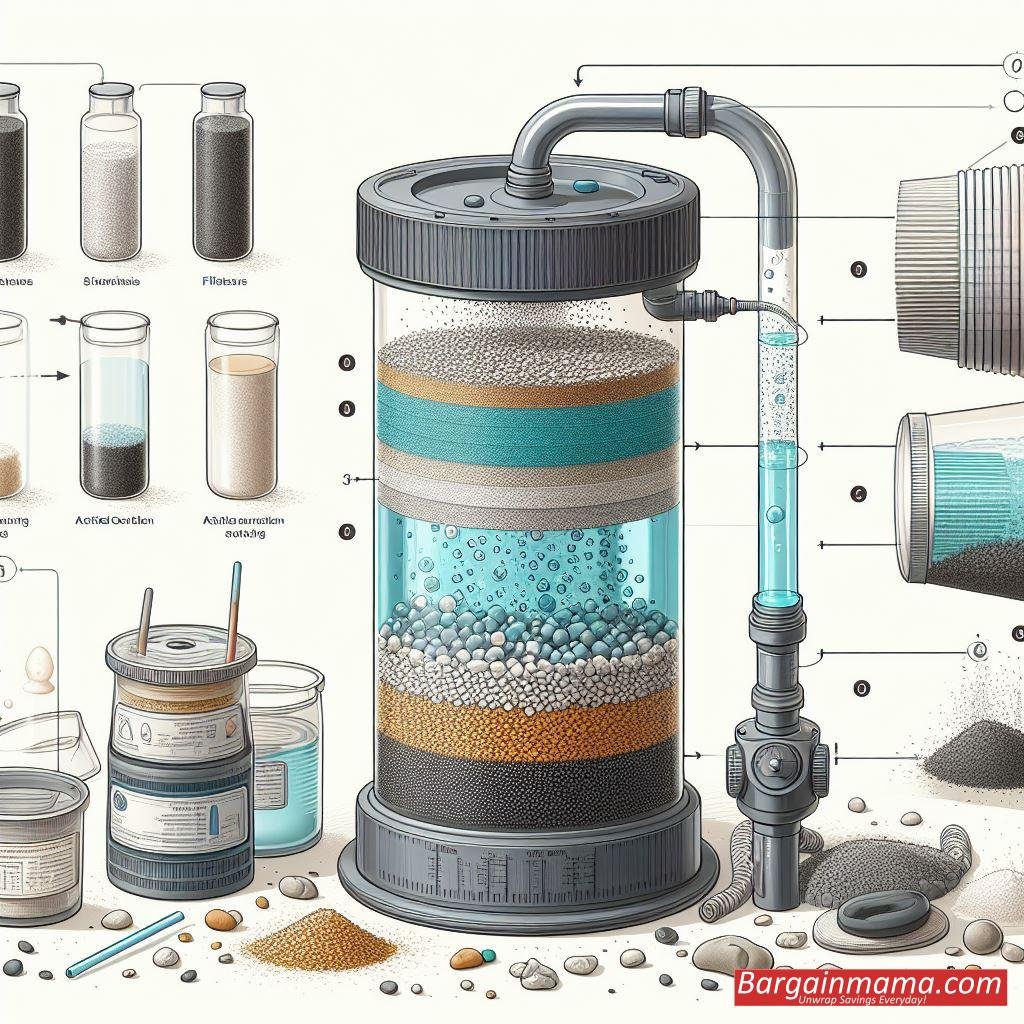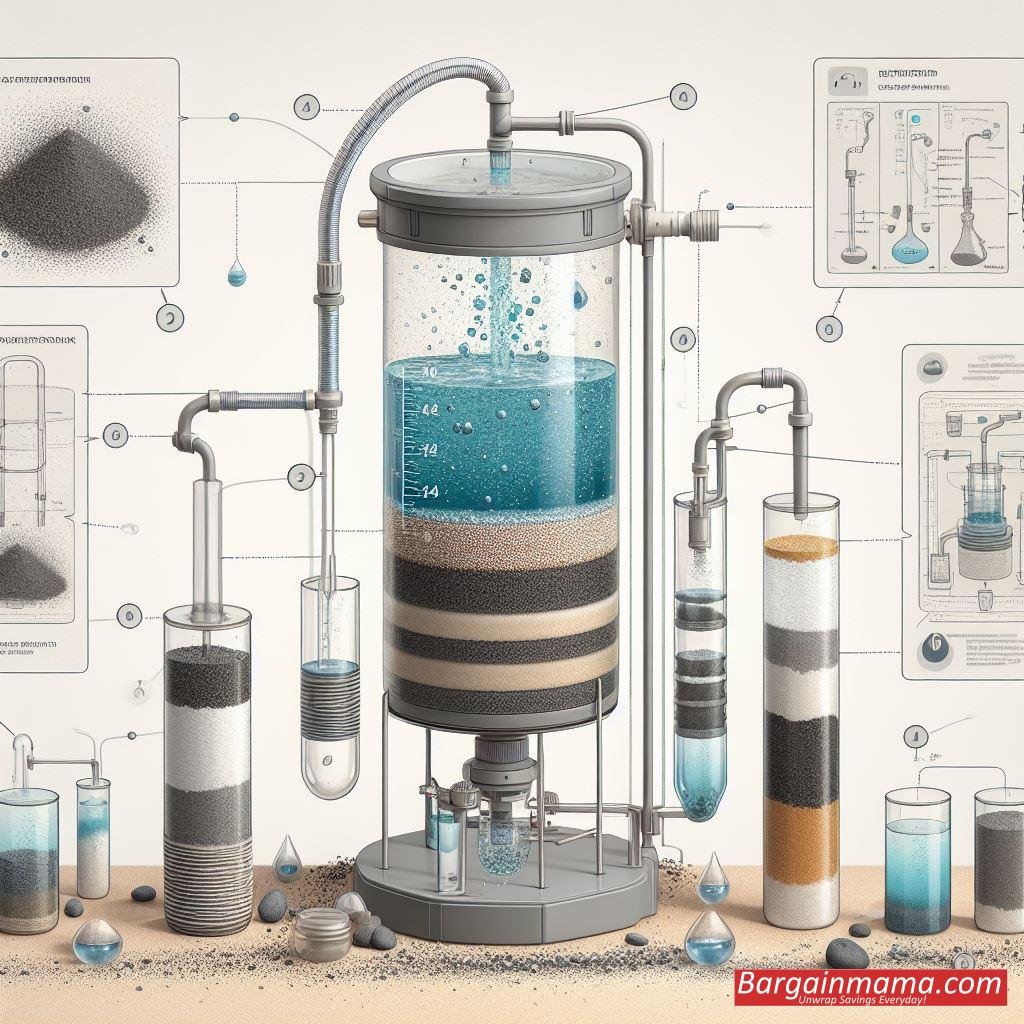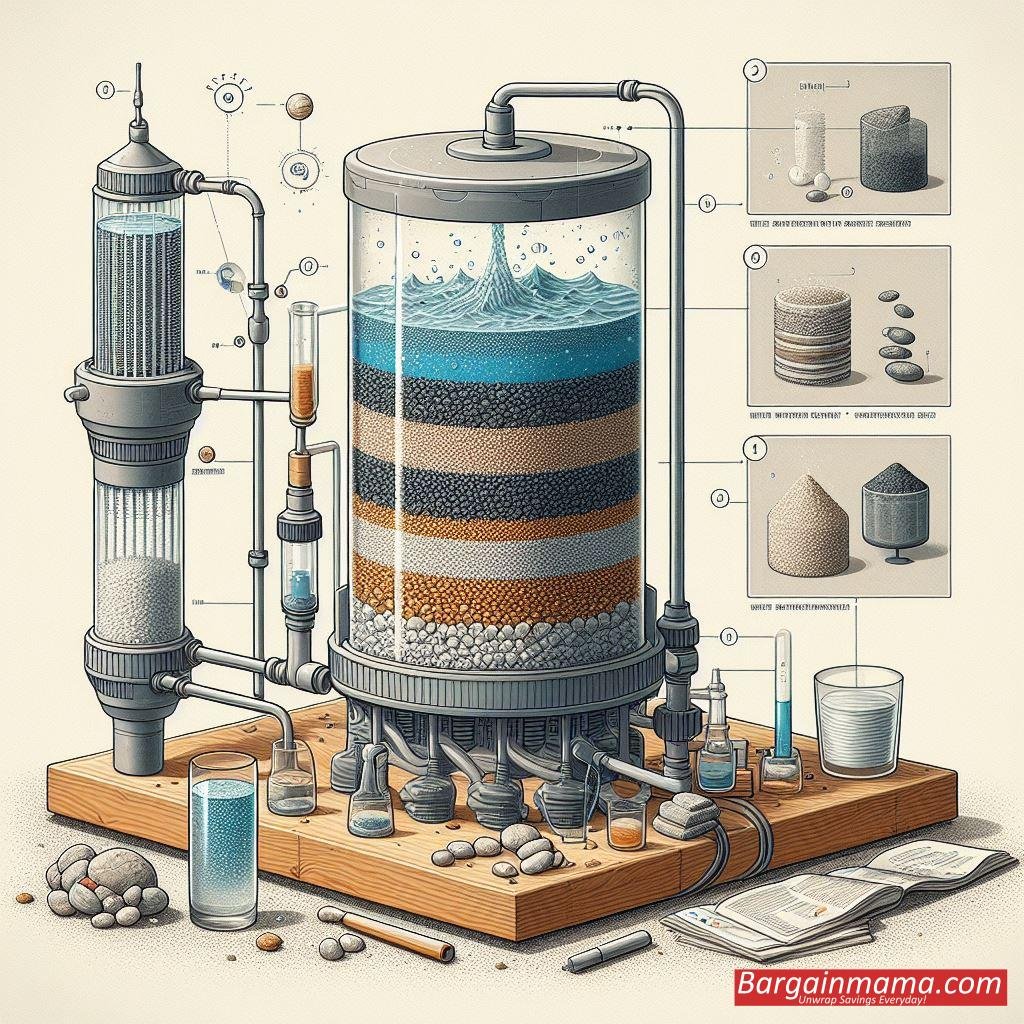In a ground-breaking study that was just published in the journal Environmental Science & Technology Letters, scientists have revealed a straightforward but efficient way to drastically lower the amount of microplastics in drinking water. Researchers Zhanjun Li and Eddy Y. Zeng have discovered that boiling and filtering water can remove up to almost 90% of microscopic plastic particles, which gives promise for resolving the widespread problem of microplastic pollution.

There are worries over the possible health problems associated with microplastics, which are minute plastic particles that have been found in a variety of sources, including food, breast milk, and even clouds. Microplastics were discovered in 129 out of 159 tap water samples from 14 different nations in the study, demonstrating the problem’s global reach.
To find out how well boiling removes common minerals, chemicals, and microplastics from tap water, the researchers created a simulation of this mixture. Their research produced an astounding result, especially in “hard” water that contains high levels of minerals like calcium and magnesium. The calcium carbonate, which is a common ingredient in tap water, solidifies and encapsulates the plastic particles when water is boiled at high temperatures. This makes the particles simpler to filter out using straightforward techniques like coffee filters.
Even with these encouraging findings, researchers stress that further study is necessary to completely understand the effects of microplastic exposure on health. While boiling and filtering water is a practical approach, the degree to which it works will depend on the microplastic concentrations and the quality of the local water supply.

Senior scientist Chris Reddy, who was not engaged in the study, acknowledges the significance of the new findings but emphasizes the need to reduce non-natural compounds in water intake. Reddy is hopeful about the wider effects of such initiatives in reducing plastic pollution, even though he cautions against the widespread adoption of boiling drinking water due to its possible ineffectiveness in areas with “softer” water.
When using this procedure at home, the researchers recommend exercising caution and giving solids five to ten minutes to settle before filtering the water. Boiling water not only offers potential reductions in microplastics but also provides additional health benefits by getting rid of viruses, parasites, and dangerous microorganisms. However, more research is still needed in this area.
Although the fight against current plastic pollution is still ongoing, this study offers a concrete and approachable way to deal with microplastic contamination, suggesting a change in the way we tackle this urgent environmental problem.




